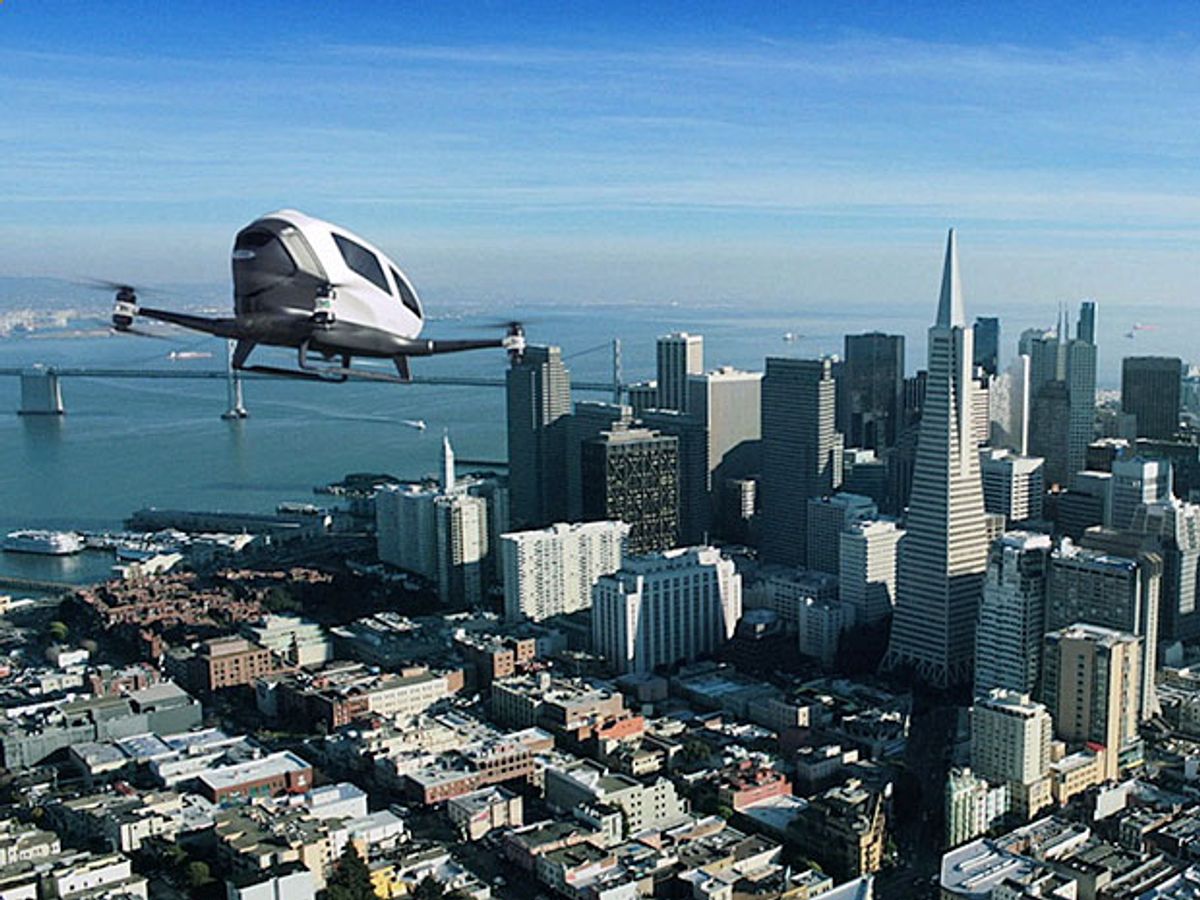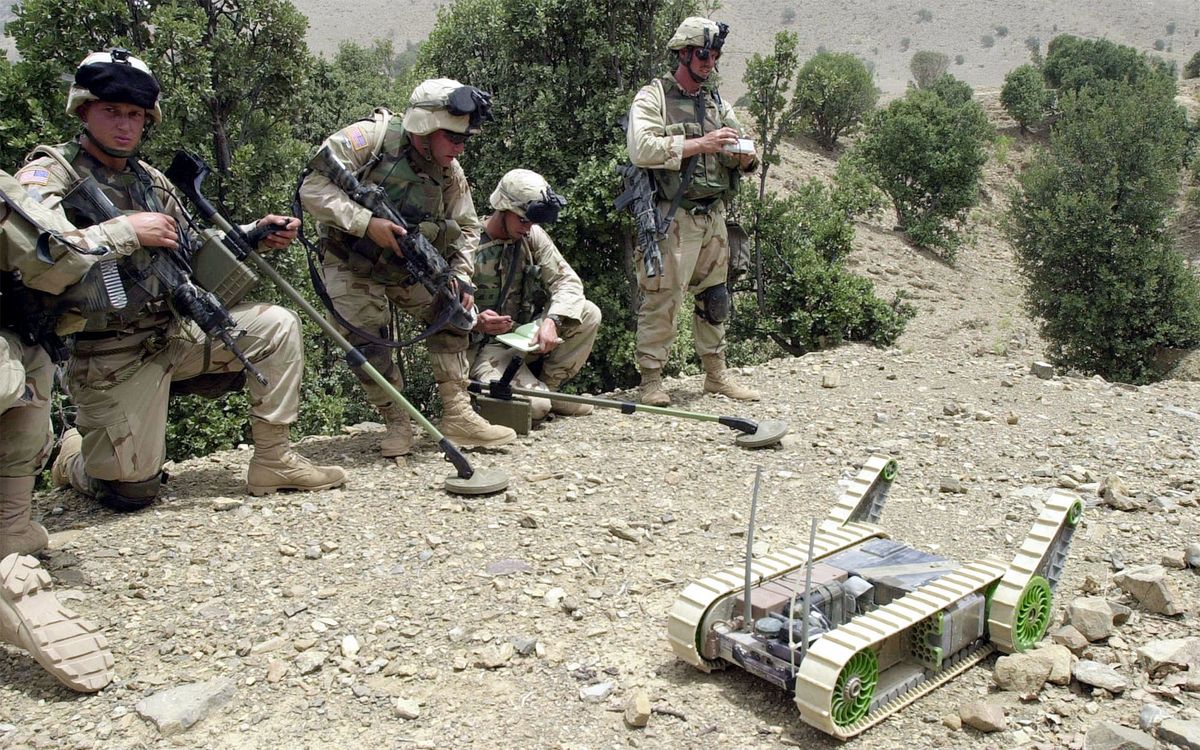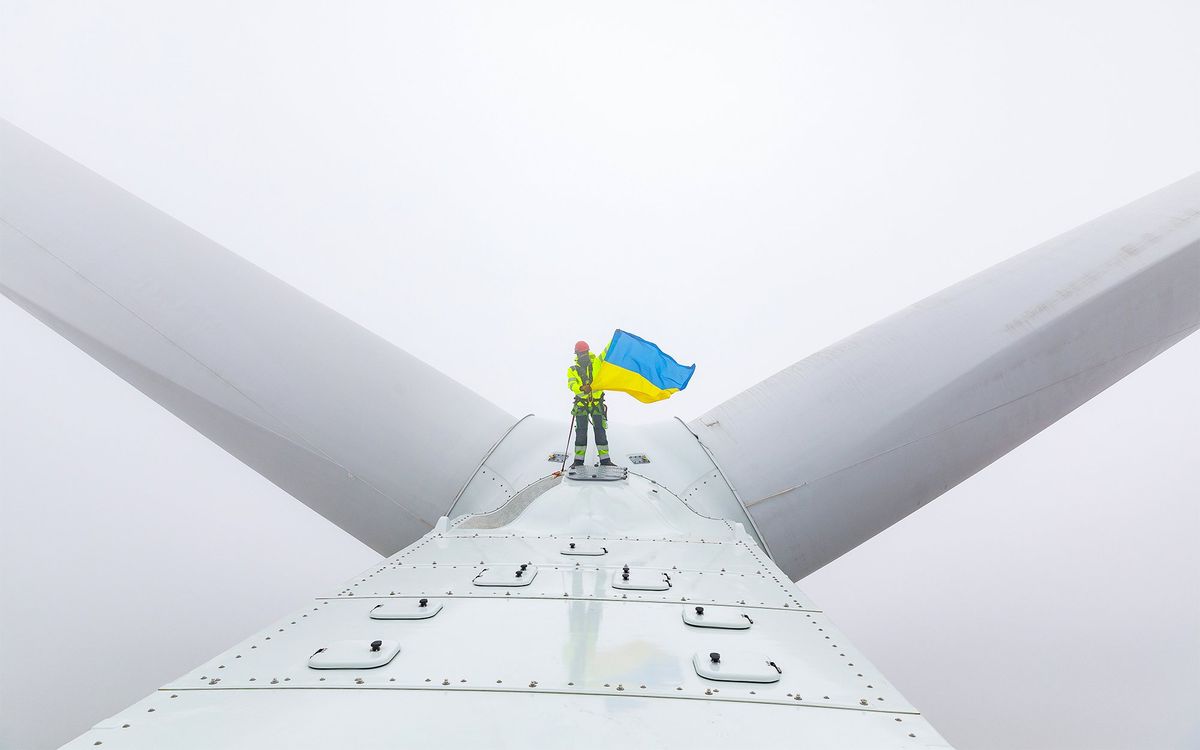At the World Government Summit in Dubai on Monday, the head of the city's Roads & Transportation Agency announced that the Chinese-made EHang 184 single passenger drone will begin regular operations in July as an autonomous taxi service. Supervised over 4G from the ground, the drone would be able to autonomously fly a single slim passenger and one even slimmer piece of luggage across distances of up to 50 kilometers at speeds of around 100 kilometers per hour.
To be clear, this drone exists, it flies, and, strictly speaking, there is no specific technological reason why EHang and Dubai couldn't do exactly what they're saying they're going to do. And that's what's so scary.
The reason we're bothering to write about this thing at all is because it's easy to get excited about the following promotional video from the Dubai transit agency, showing a real vehicle flying:
At this point, the important thing to remember about any autonomous drone, no matter how big, is that getting it to fly is not the difficult part. Strap enough motors and batteries to just about anything and you can get it off the ground. What's difficult is controlling it, especially in adverse conditions, challenging environments, or if something goes wrong.
As far as I know, there is no way of surviving a total (or perhaps even partial) motor or software failure on a drone like this. With an airplane or a helicopter, even if absolutely everything dies on you, you still have a reasonable chance (if you know what you're doing) of landing the aircraft so that you'll live, and maybe even walk away. With this drone, there's simply nothing you could do—even if you were an experienced drone pilot, which most passengers won’t be.
At the very least, it seems like a ballistic parachute would be an absolute necessity. But that still wouldn't guarantee your safety, and your odds would be worse if you fly over urban areas most of the time. (We should mention that some research has looked at the possibility of maintaining control in drones that lose motors. But it’s not clear whether a human would be able to survive those kinds of maneuvers.)
Beyond the safety of the aircraft itself, there's also the issue of autonomy. Anyone who's learned to fly knows how much time you spend looking around for other aircraft that might pose a collision risk. Even with GPS, radar, PCAS, and the assistance of ground controllers, flying through crowded airspace or at low altitude is potentially dangerous. You can't just set GPS waypoints on a map and expect to move mindlessly from one to another. I don't see any kind of autonomous sense-and-avoid feature on this drone (with the possible exception of a camera gimbal underneath it that may be used for landing pad detection). The “will be monitored from the ground using 4G” assurance is fine in theory, but sketchy in practice. Let’s say you lose connectivity; there's no good Plan B. Either the drone attempts to fly itself without (as far as we know) adequate sensors, or it hands things over to the passenger, who most likely has no idea what they’re doing.
This is the fundamental problem with drone taxis: I'm not convinced there's a safe way to fail. With an autonomous car, the failure mode is pulling over, or even just coming to a stop in the middle of the road if absolutely necessary. With an autonomous aircraft, you can't do that. The only way I see passenger drones being realistic at all is if they include a trained human pilot, a highly distributed propulsion system, and a ballistic parachute. And to be honest, I'm skeptical that drone taxis would be much more than a novelty, anyway. The potential for autonomous cars to increase the speed and efficiency of short- and medium-distance travel is so enormous that, within the next decade or two, intracity drones would likely be more trouble than they're worth.
I admit, it would be kinda cool to see a drone taxi service operating in Dubai this year. If they manage to pull it off, I'll be very impressed, but personally, I don't think I'd ever, ever ride in one.
Evan Ackerman is a senior editor at IEEE Spectrum. Since 2007, he has written over 6,000 articles on robotics and technology. He has a degree in Martian geology and is excellent at playing bagpipes.



